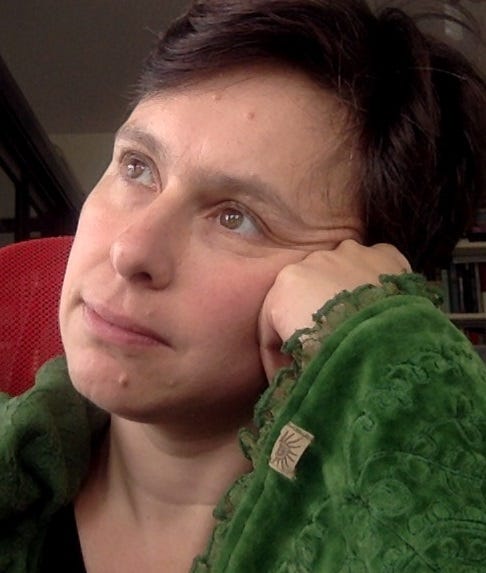Anca Gheaus (Central European University), "Feminism without 'gender identity'"
Politics, Philosophy, and Economics (published online, Oct 2022)
By Anca Gheaus
Like many others (I assume), I have been puzzled by the concept of "gender identity". What could it possibly mean? The concept is widely used, including in documents released by important national and international organisations, and appeals to it are supposed to carry normative claims of great weight. Yet, the way in which gender identity is defined in such documents is very unsatisfactory. Frequently, it seems to refer to an internal "feeling". The WHO, for instance, says that "gender identity refers to a person’s deeply felt, internal and individual experience of gender, which may or may not correspond to the person’s physiology or designated sex at birth." Not only is this definition - and others like it - circular; it also seems to appeal to a nebulous metaphysical entity that many of us fail to grasp.
Indeed, if "gender identity" referred to nothing but an internal feeling, one could easily dismiss normative claims made on its basis. But more charitable interpretations of the concept are available. In this paper, published by Politics Philosophy & Economics last October, I set out to investigate the most promising understandings of "gender identity". They all have, I find, more merit than the "mere inner feeling" view; some of them - i.e. sexual dysphoria and the internalisation of gender norms - can explain the specific, psychological harm of being treated as belonging to a sex or a gender with which one strongly disidentifies. But none of the ways in which we can define "gender identity", I conclude, helps validate some recent practices, namely attributing to people, without consultation, "cis" identities or asking them to specify pronouns as indicators of gender identities. Nor can they help validate any general claim to be treated, for all means and purposes, as a woman or as a man based on one's gender identity.
My conclusions follow only on the assumption that most gender norms are themselves unjustified, and that we therefore ought not to hold people to such norms. But this, of course, is the basis of a wide feminist consensus. The constructive aim of my paper is to show that feminist thinking and action are possible without talk of "gender identity", and the better for it.





